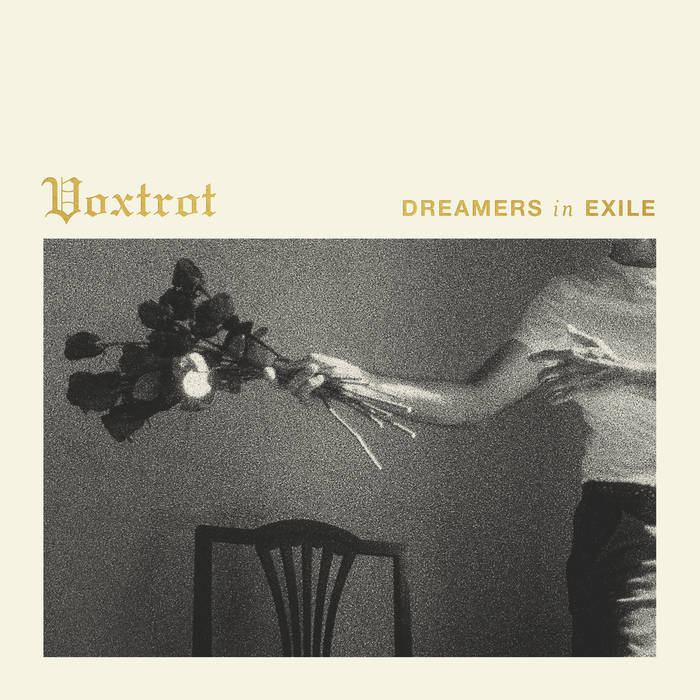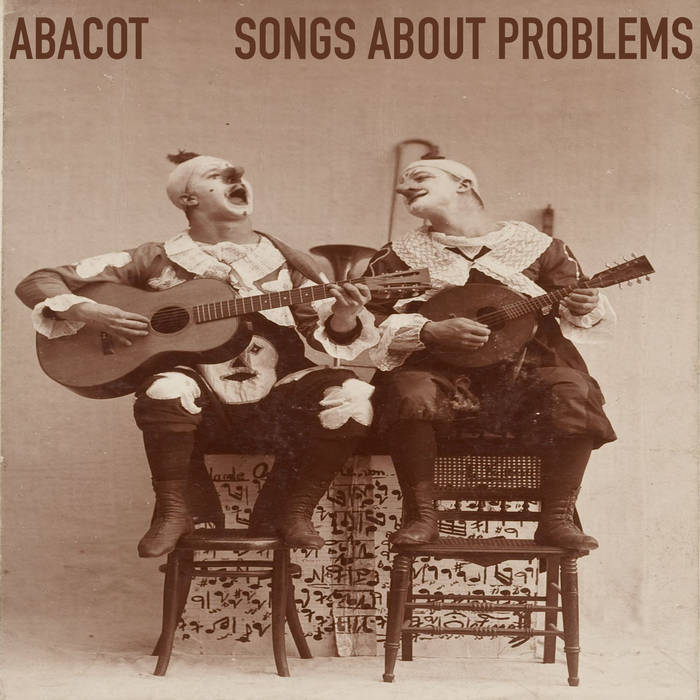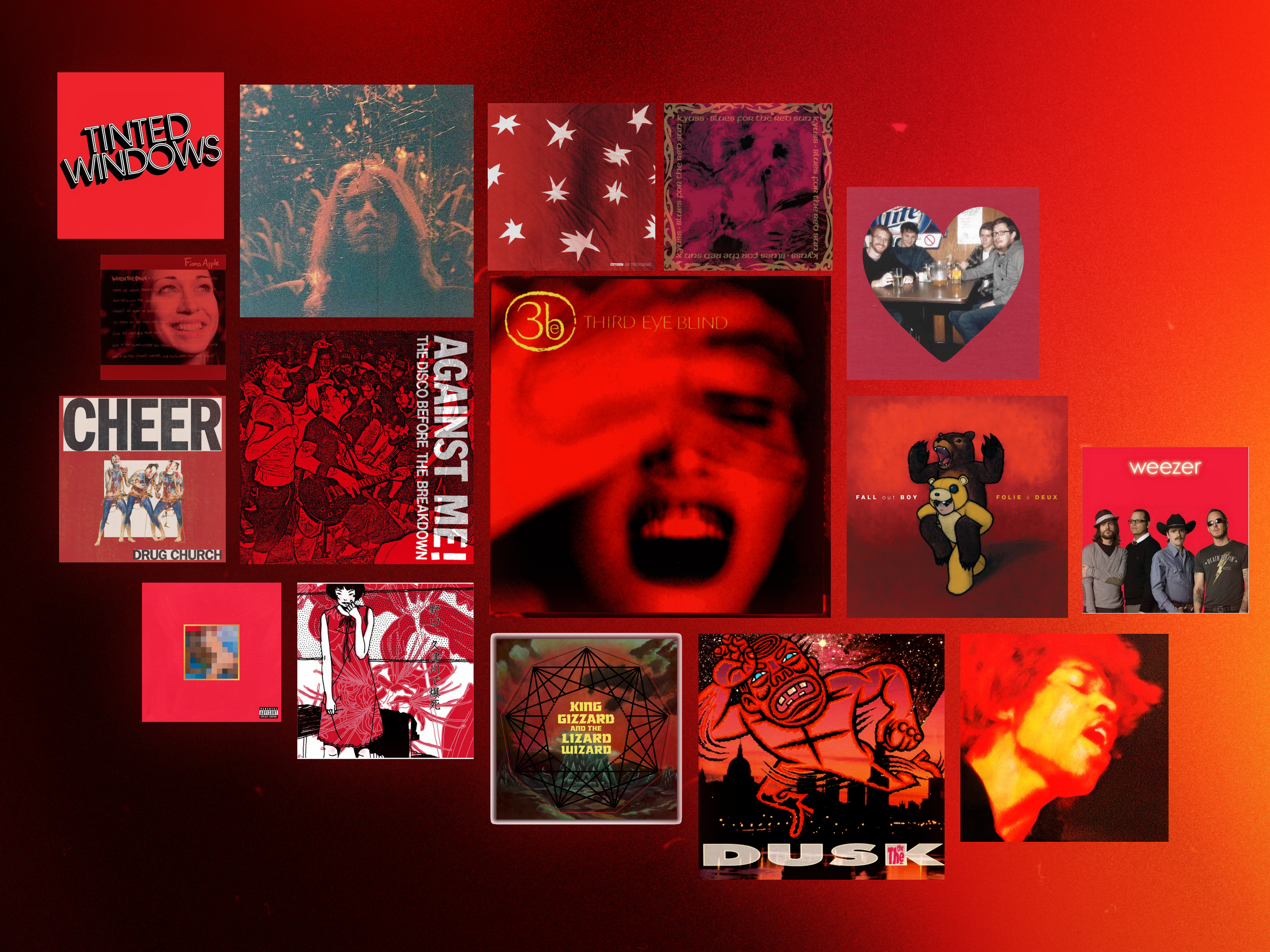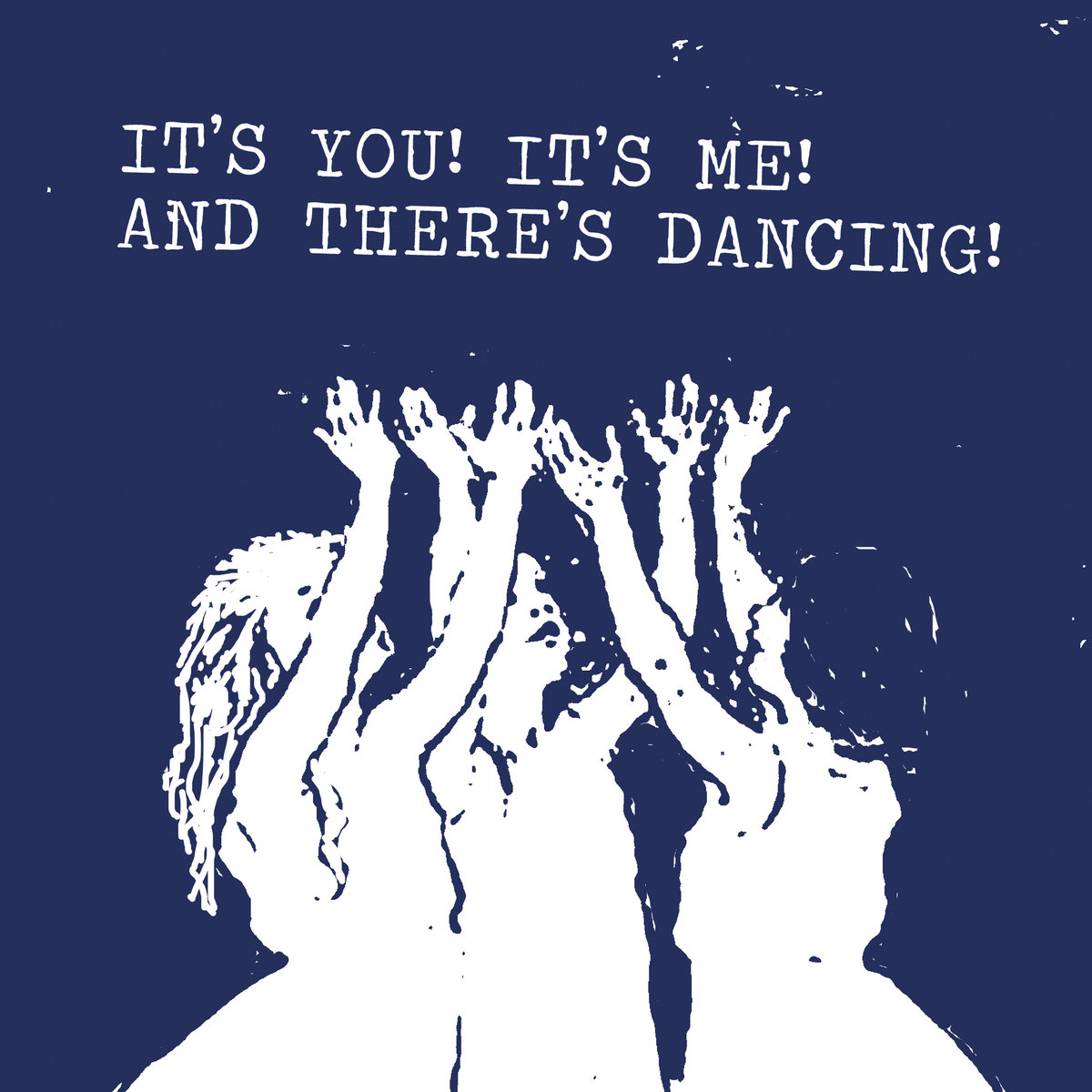Profile: Don Babylon
/I found Virginia-to-Philly transplants Don Babylon when they opened for my partner’s band in New York last fall. I had just flown in from Seattle to visit and was still finding my footing, wandering in circles around the crowded warehouse. The multi-story venue was filled with hipper-than-thou East Coasters and independent radio dads, and I was jet-lagged and overwhelmed. In bad form, I hadn’t bothered to listen to the opener beforehand; I assumed they would be, in my own terrible words, “bad indie rock.” For that, I’m sorry. We love to gripe about opening bands as often as we remind our friends to give them a chance, and I’ve been guilty of the former on more than one occasion.
Not only was I being a dickhead, I was also wrong. Still avoiding the crowds, I watched from the safety of backstage and was pleasantly surprised. It was loud, a little abrasive; it wasn’t twee at all. It was the no-frills rock n’ roll that I’d been missing from DIY shows back home: not as assaulting as the hardcore gigs could be, yet more engaging than the bedroom pop that was so prevalent in my college town.
I didn’t revisit them again until months later; although new to me, their songs felt eerily familiar. I felt nostalgic- sad and comforted all at once, not unlike how I felt listening to I Brought You My Bullets… as a young teenager. While Don Babylon’s wistful, southern proto-punk was worlds away musically, the energy felt the same. The emotions were raw, they were as hopeful as they were self-deprecating. They had an affinity for graveyards.
Like the songs on Bullets, their music is earnest, unapologetic, and thoughtfully messy, chronicling experiences with addiction, grief, and anxiety with a sincerity and sense of humor that makes the process look easy. At their core they remain a rock band, but across their one EP and two studio albums, no two tracks are the same. Their heavier songs have a familiar, vintage twang of Danzig-era Misfits, while others veer into old rock, blues, and country territory. “Bedsheets” and “Mach III” are nearly pop, while “There Will Be Blood 2” is a fast, thrashing hardcore track; I can barely make out the words, and I don’t even mind. In “Roll Credits,” they throw shuffle riffs into a garage rock song about finding comfort in mediocrity, and somehow, they make it work.
While musically diverse, each of their full-length albums are bookended with indie ballads. 2017’s Babe opens with an unrelenting ten minutes and four seconds of anger and hurt in the breakup song “Ow, My Tiny Heart,” the lines “It’s hot and I hate everything / I’m always hurt or in my head / the weather is not changing / and we, we are all dead” sounding like a high school notebook manifesto in the best possible way. 2018’s Foul ends with the five minute long “Started a Band,” a playful and honest ode to failure that leaves the listener more assured than lost.
Babe may be their first album, but it feels more like a mid-career success. At just under forty minutes with only one song free of vulgarities, it’s a ride to hell and back that begins with the faux-jaunty piano track “Happiest Man I Know” and ends with the two-part epic “People Having Fun” followed by “Jerk,” a quiet yet heartfelt love song that could have come out of your great-grandmother’s kitchen stereo. Foul isn’t as chaotic, but it’s just as impassioned. From the wit of “Really Fast Cars” to the panic and loneliness of “Hopeless Man” and “Rocky XXVII” to the short yet deafening “Mean Streets II,” it’s a cleaner continuation of the themes of the first album; they’re still broke and distraught, but they know how to write songs for the radio.
I recently joked to a friend that the last thing we need is more bands full of men who make dirty, unhinged rock music, but in the age of poptimism, Don Babylon’s authenticity is a welcome relief. Their songs are vulnerable without being needlessly whiny, both serious and sarcastic when the time is right. It might seem like their drunken angst is affected, as it often is for young artists, but their humorously bleak lyrics and reckless anthems suggest that, for better or worse, it’s real. The three of them know who they are, insistent on having the last laugh; they know their weaknesses so well that they’ve already written songs about them. Their ethos is genuine, and singer Aubrey Neeley’s lyrics are self-aware; he’s honest to the point of poking fun at himself, letting dry humor soothe heartbreak, and doing what any sane person would when everything has gone to shit: scream about it.
Robin has always wanted to write about music, and she’s finally giving it a go now that she’s too old for college radio. You can find her in Bellingham, Washington, microwaving 7-hour-old coffee and listening to Oingo Boingo. She tries too hard on Twitter at @robinelizabth, and is on Instagram at @antiquemallz.





